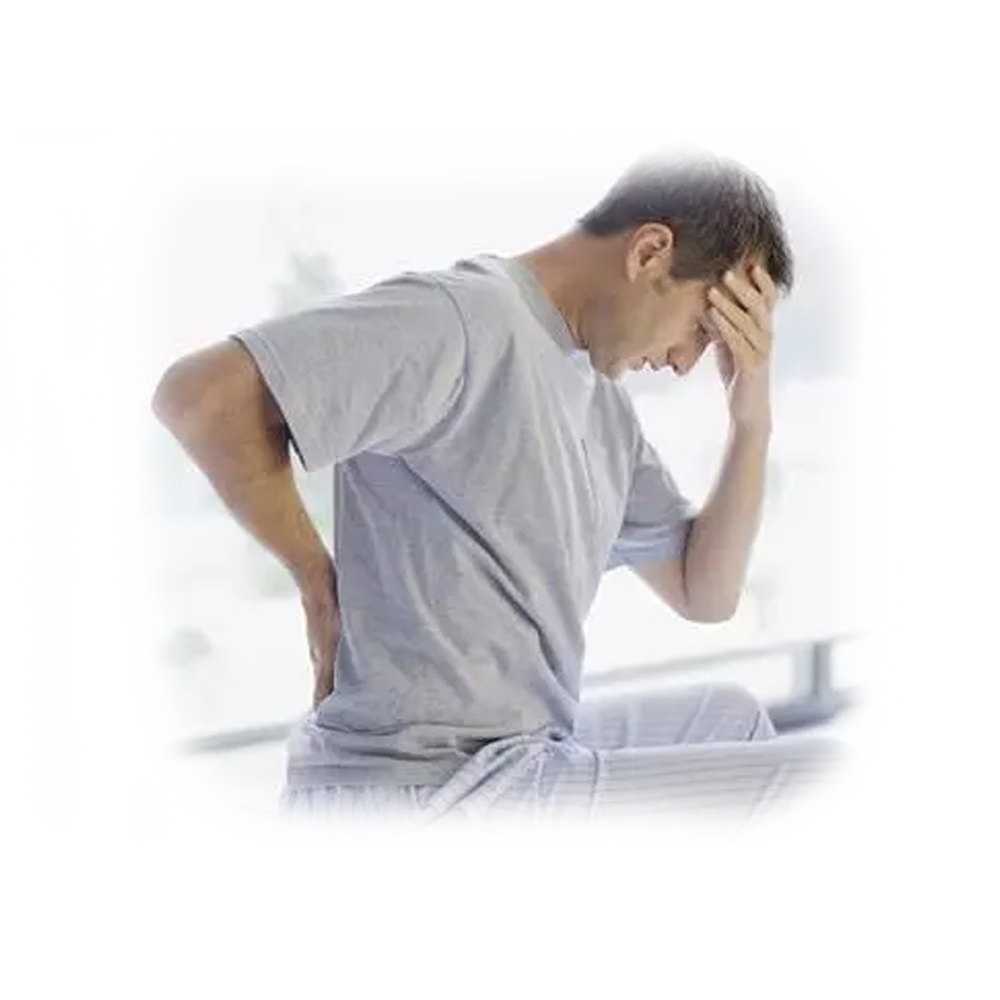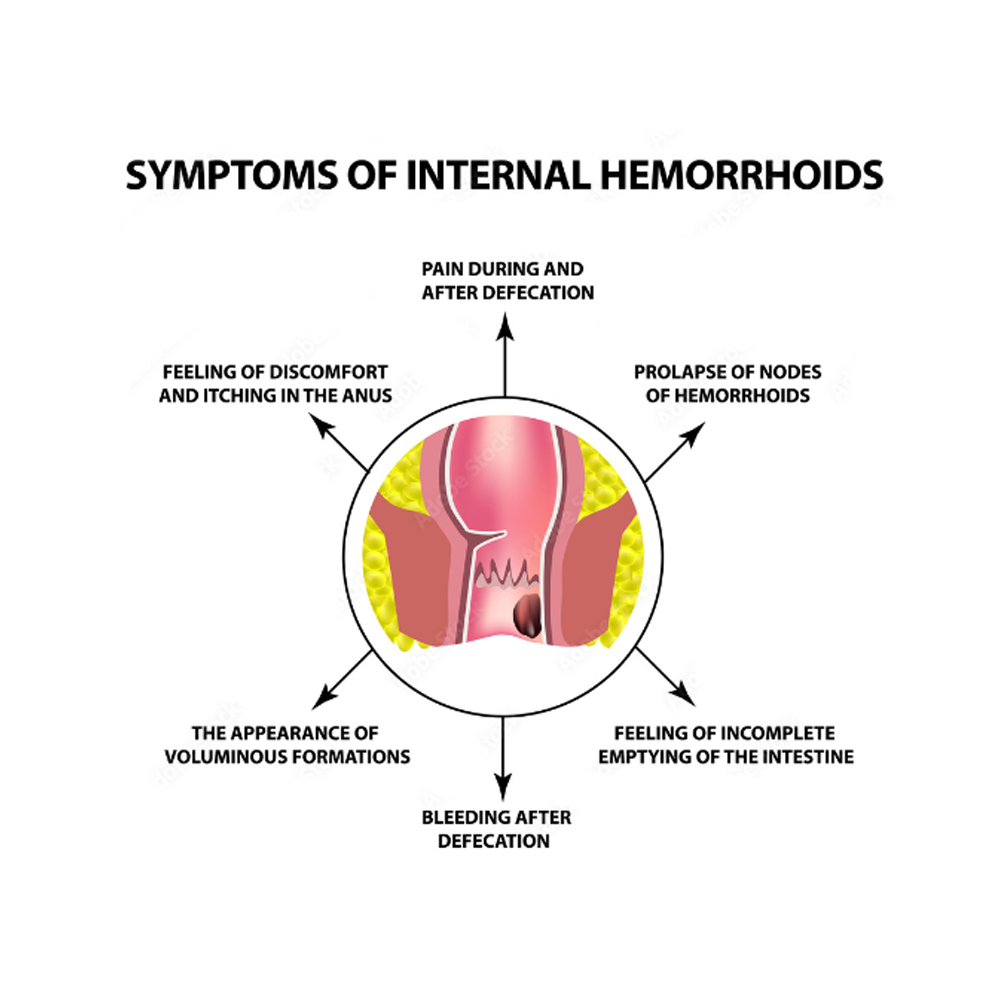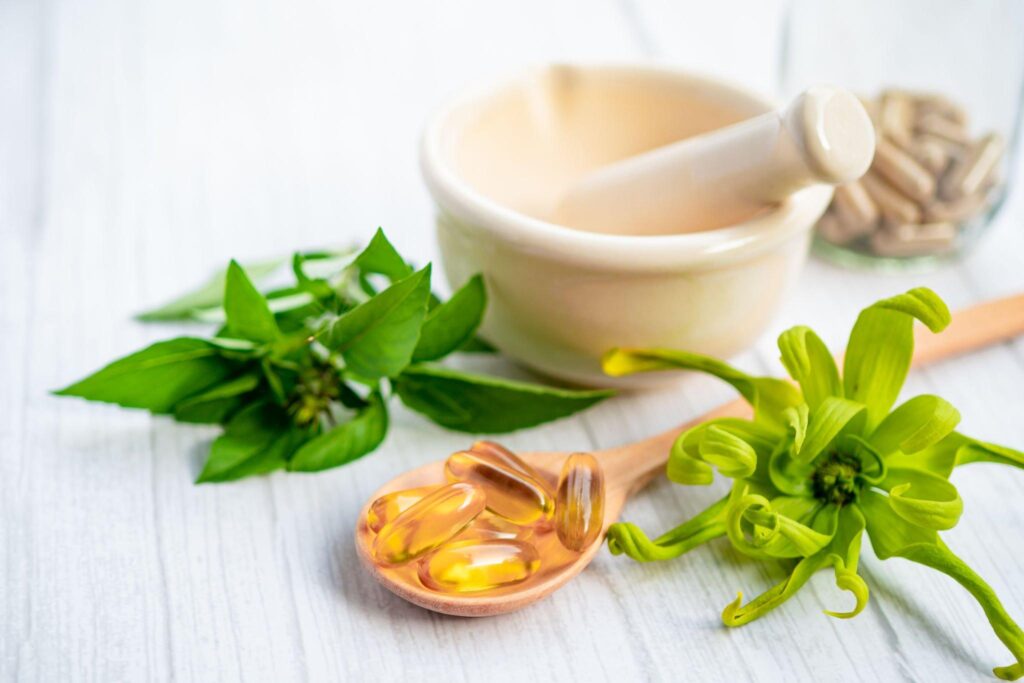PILES
Digestive Disorders

PILES
Piles, a painful digestive condition, is also known as hemorrhoids. It occurs due to the swelling and congestion of the internal and external venous plexuses around the anal canal.
In Ayurveda, it’s termed “Arsha Roga” and is caused by an imbalance of the three doshas. This condition leads to the swelling of veins in the lower anus and rectum, resulting in lumps or inflamed tissues around the anal canal. Piles are often linked to constipation and straining during bowel movements.
Common symptoms include bright red bleeding after defecation and the temporary protrusion of tissue through the rectum, which recedes after defecation. Aging is a significant risk factor for piles due to the weakening of the tissues that support the rectum and anus.
Causes of Piles
- Untreated Constipation: Chronic constipation or irregular bowel movements is a primary cause of piles.
- Low-Fiber Diet: Inadequate dietary fiber and essential nutrients can lead to the development of hemorrhoids.
- Pregnancy: During pregnancy, the enlarged uterus exerts pressure on the rectum and anus, increasing the strain during bowel movements.
- Prolonged Sitting or Standing: A sedentary lifestyle, characterized by long hours of sitting or standing, can disrupt the efficient functioning of the digestive system, making conditions like piles more likely to develop.
- Straining During Bowel Movements: Excessive straining while passing stool can contribute to various digestive issues, including the development of piles

Symptoms of Piles
- Severe Pain: A hard, sometimes painful lump can be felt around the anus, accompanied by an intense burning sensation.
- Itching: The area around the anus becomes red, itchy, and sore after bowel movements.
- Incomplete Evacuation: Patients may not feel entirely relieved as they sense that their bowel is still full or heavy even after excreting.
- Discharge of Blood: In chronic and severe cases of piles, blood may be visible after a bowel movement.
- Painful Bowel Movements: Passing stool can be excruciatingly painful for the patient.
Piles Ayurvedic Treatment
Ayurveda, a centuries-old healing system, offers a holistic approach to treating piles. Piles Ayurvedic Treatment is rooted in the following principles and practices:
- Herbal Remedies: Ayurveda harnesses the healing power of herbs, providing natural and effective internal piles treatment. These nature-derived remedies aim to provide lasting relief rather than merely suppressing symptoms.
- Panchkarma: This Ayurvedic branch offers rejuvenating therapies that help balance the body’s doshas (energetic principles). These therapies, including Vamana, Nasya, Virechana, Niruha, and Anuvasana vasti, are used in Piles Ayurvedic treatment to eliminate accumulated toxins and restore digestive health.
- External Treatment: Ayurvedic treatment for piles may involve the application of herbal oils through the anus.
- High-Fiber Diet: Ayurveda recommends a high-fiber diet to promote healthy bowel movements and overall digestive well-being.
It is advisable to consult a specialist or Ayurvedic expert before attempting home remedies for piles. They can provide personalized piles Ayurvedic treatment and precautions tailored to your body’s constitution and immune capacity.


